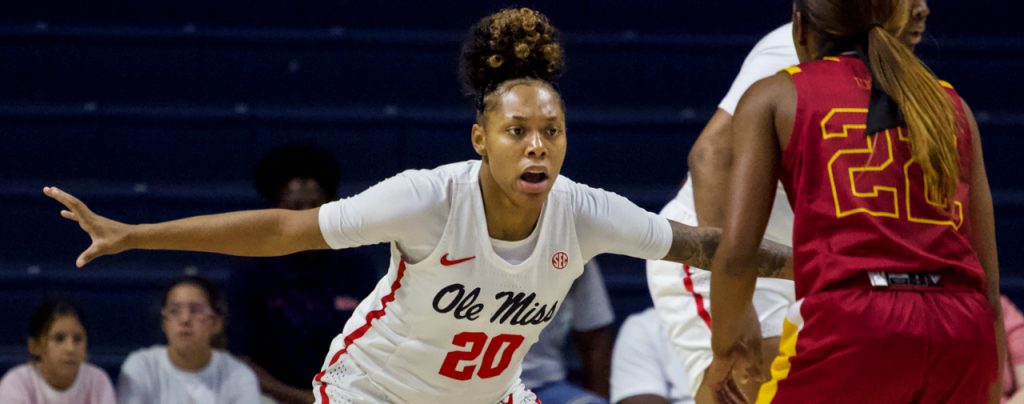The true hollowness of gratitude Americans have toward veterans is perhaps never more apparent than it is on Veterans Day. While America glorifies the idea of military service with parades, fireworks and flyovers, it glosses over the ongoing plights faced by the twenty-million veterans in this country.
What was once a near-sacred holiday is now an opportunity for politicians — regardless of party or clique — to lionize, fetishize and dehumanize former and active service members for the accruement of political capital. There will be much talk of duty, honor and sacrifice, but this talk is cheap if it is not backed by real action.
A recent survey commissioned by the Cohen Veterans Network — a non-profit network of mental health clinics for post-9/11 veterans and military families — found a “divide between veteran’s preferences and civilians’ actions.” According to the poll, 91% of Americans have, at some point, said to a former or active service member something along the lines of, “Thank you for your service,” but 49% of former or active service members feel uneasy with the expression.
As David Gowel, CEO of RallyPoint Networks, put it, “If you’ve met one veteran, you’ve met one veteran. We are as diverse in our interests as are civilians.”
There are, as the survey noted, a range of reasons as to why veterans feel uncomfortable when thanked for their service. Some veterans said they simply don’t know how to respond. Other veterans said they prefer gratitude that goes beyond simple platitudes and instead establishes a more personal connection.
“I would like to see civilians in our community give back to military families,” said a veteran from Tennessee who then went on to suggest that grateful civilians might give back by coaching a sport, giving a class or visiting a veterans home.
Just as a grateful individual should avoid simple platitudes, so, too, should a grateful nation. The Department of Veterans Affairs estimates that as many as 15% of Americans who served in operations Iraqi Freedom and Enduring Freedom have a post-traumatic stress disorder. The Census Bureau estimates that there were almost half a million veterans over the age of 65 who live with a monthly income below the federal poverty line. The Department of Housing and Urban Development estimates that on any given night there are 40,000 homeless veterans. In these and other ways, the United States continues to neglect the health, security, opportunity and dignity of its veterans. If this nation’s debt of gratitude is any real debt at all, then the United States has slid to the brink of moral bankruptcy.
To be clear, we should be grateful to those who have served or who are serving in the armed forces, but that gratitude must go beyond saying “thanks.” That gratitude must also be expressed with an investment of money, time and effort toward the interests of service members and their families. It’s quite possible that the immeasurable debt this nation owes to its veterans can never be repaid in full, but that should not stop us from trying.
John Hydrisko is a junior English, philosophy and history triple major from Philadelphia, Pennsylvania.















